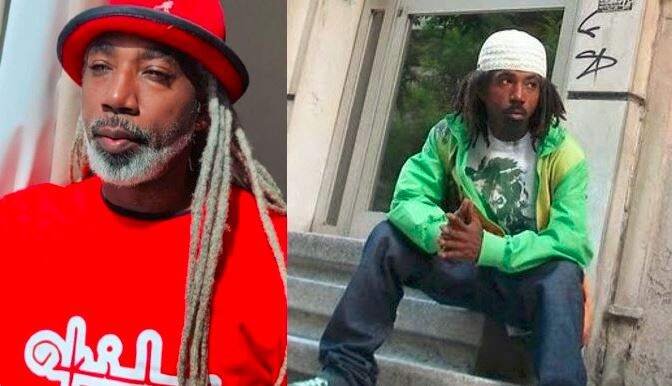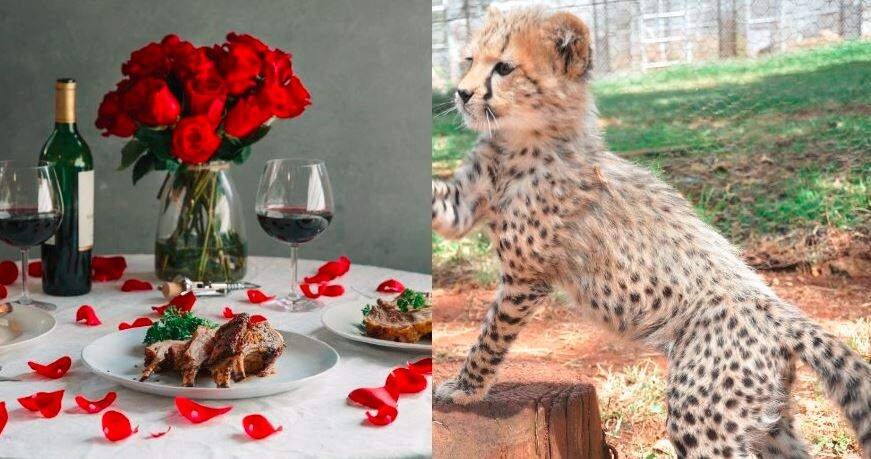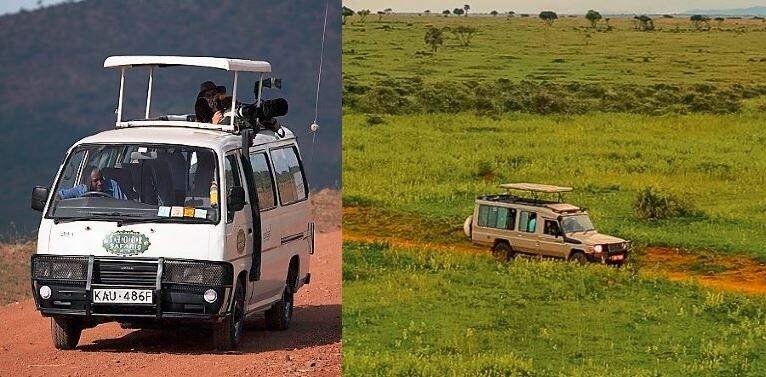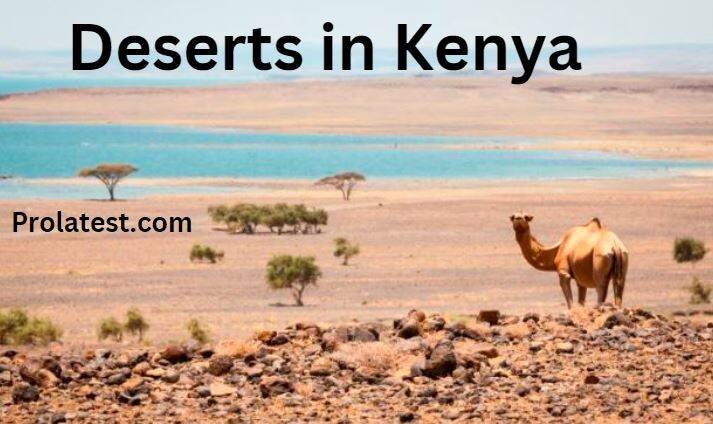Christmas time in Kenya is such a magical season! Families come together to celebrate this special holiday. It’s filled with traditions, festivities, and plenty of delicious meals shared among family and friends. However, if you’re a visitor to this country, it’s normal to find yourself asking, “How is Christmas celebrated in Kenya?
We’re here to answer you if this is one of the questions lingering in your mind. We’re going to discuss the most inspiring Christmas culture found throughout Kenya. Keep reading!
How Is Christmas Celebrated in Kenya? 9 Best Ways
Kenyans celebrate Christmas according to their financial abilities. Rich people will often take their families to coastal destinations in Mombasa or beyond in Zanzibar. All in all, Christmas is important to the poor and rich Kenyans in equal measure. Here are nine ways in which we traditionally mark this holiday in Kenya:
1. A Vacation to the Rural Areas
The only day Kenyans living in towns and cities travel back to their original homes in droves is Christmas. We look forward to a mass exodus from Nairobi, Mombasa, Nakuru, Eldoret, Kisumu, and all smaller towns as we approach the 25th of December.
Kenyans in the diaspora often travel back home during Christmas. Upon arrival in the capital, they join the exodus to the rural areas. Those in the transportation business get higher profits in December, especially in the weeks leading to Christmas Day.
Traveling is the only way to initiate family gatherings, dine together, and make plans for the future. Christmas is the most observed vacation in Kenya.
Find Out: Best Beach Hotels In Diani Mombasa
2. Family Feasts

Kenyan families cook the most delicious meals on Christmas Day. Even low-income families save money for the Christmas feast, which must include the Kenyan flatbread-‘Chapati.’ For most Kenyans, a Christmas without a feast is incomplete.
There must be plenty of foodstuffs, drinks, and meat in the rural areas where most locals celebrate. Families prepare animals for slaughter early so as not to miss ‘Nyama Choma’ or grilled meat. It is among the tastiest Christmas foods in Kenya.
Normally, the locals pair ‘Nyama Choma’ with rice and ‘chapati.’ Some people buy beers, fruit juices, and sodas in bulk, as these are the most popular Christmas beverages.
Find Out: Beautiful Getaway Places In Kajiado
3. Shopping
Everybody loves and prepares for Christmas shopping in advance. People flock to big shopping malls, supermarkets, foodstuff markets, etc, in the weeks leading to Christmas Day. They mostly buy foodstuffs and drinks they would later use in Christmas feasts.
In most families, men purchase new clothes and shoes for their wives and kids. It is the only time in a year that most people update their wardrobes to avoid embarrassment during family gatherings.
4. Church Sermons and Carols
Kenyans who are Christians understand the importance of the Christmas day. This is the day they commemorate the birth of Jesus. Thus, most serious believers observe a night vigil on the 24th of December.
They wait until midnight to welcome their most significant religious holiday. The most widespread activities Christians do include:
- Christmas Carols: Believers sing Xmas carols on the church grounds and at home. Some churches have a service on Christmas Day itself. In some villages, singers visit different homes to entertain people in exchange for small donations. It is a tradition to bless these carolers with small cash gifts as a sign of appreciation. These donations end up in the church.
- Night Vigils: Most Christian families hold night vigils at home to honor their newborn king, Jesus the Messiah. During these vigils, they burn candles and sing sweet hymns. Christmas without these vigils is nothing special.
- Dancing and partying: Some families organize their Christmas festivities as big parties with tents, music, drinks, food, etc. This is usually the best time for extended families to meet and party together. That includes dancing while everyone seeps their favorite drink.
5. Exchanging Gifts

Exchanging gifts during Christmas is a long-standing tradition in Kenya. Most people prefer to present their gifts before midnight on the 24th of December. However, you can give your loved ones anything nice on Christmas Eve.
Most people are happy to give or receive new fashion shoes or clothes. Kids receive prizes for performing well in school during the Christmas holiday.
6. Invitations to Dinners
Dinner invitations among friends and families are popular on Christmas Eve in Kenya. These dinners help people who have not met in a long time enjoy a festivity together. Getting to the party venue at the indicated time is a tradition in Kenya.
Arriving early or late is rude and unacceptable. Nyama choma parties are the most prevalent in urban areas. As a show of appreciation, the party host should see off his guests afterward. Many wives visit their birth parents on Christmas Eve because it is the only time husbands cannot say no.
7. Family Trips
For some Kenyans, visiting the rural areas is not enough to mark the Christmas holiday. Those lucky to have more money take their families on trips. The most popular holiday destinations during Christmas include the North Coast, South Coast to Diani Beach, and Naivasha.
Family trips allow people to do activities they do not do throughout the year. These include swimming, kite surfing, diving, snorkeling, yacht riding, etc. They also get to eat out or make family dinners in new kitchens.
8. Home Decorations
Kenyans also change the appearance of their homes during Christmas. Home decorations are popular in the city where people value such things. Those who remain in the city beautify their residences with balloons, garlands, flowers, colorful paper designs, and string lights.
Although the Christmas tree is an Xmas Eve symbol in most countries, it is not a core component in Kenya. The Santa Claus (Father Christmas) is less common and non-existent in rural areas. However, you can find Santa Claus in major shopping malls in the city. They may arrive on a camel or bicycle.
9. Boxing Day
Kenyans have a holiday immediately after Christmas known as Boxing Day. Since many observe this day in the village, they usually do not make big plans. Instead, they see this day as a continuation of their Christmas holiday.
Therefore, they continue eating, drinking, and partying with friends and family. Shopping items specifically for this day is uncommon in Kenya. Lastly, the locals change their greetings to “Merry Christmas.” In places where the Swahili language is common, people say “Heri ya Krismasi” to each other.
If somebody says “Merry Christmas so and so,” you should reply “You too” in your tribal language, English, or Swahili.







